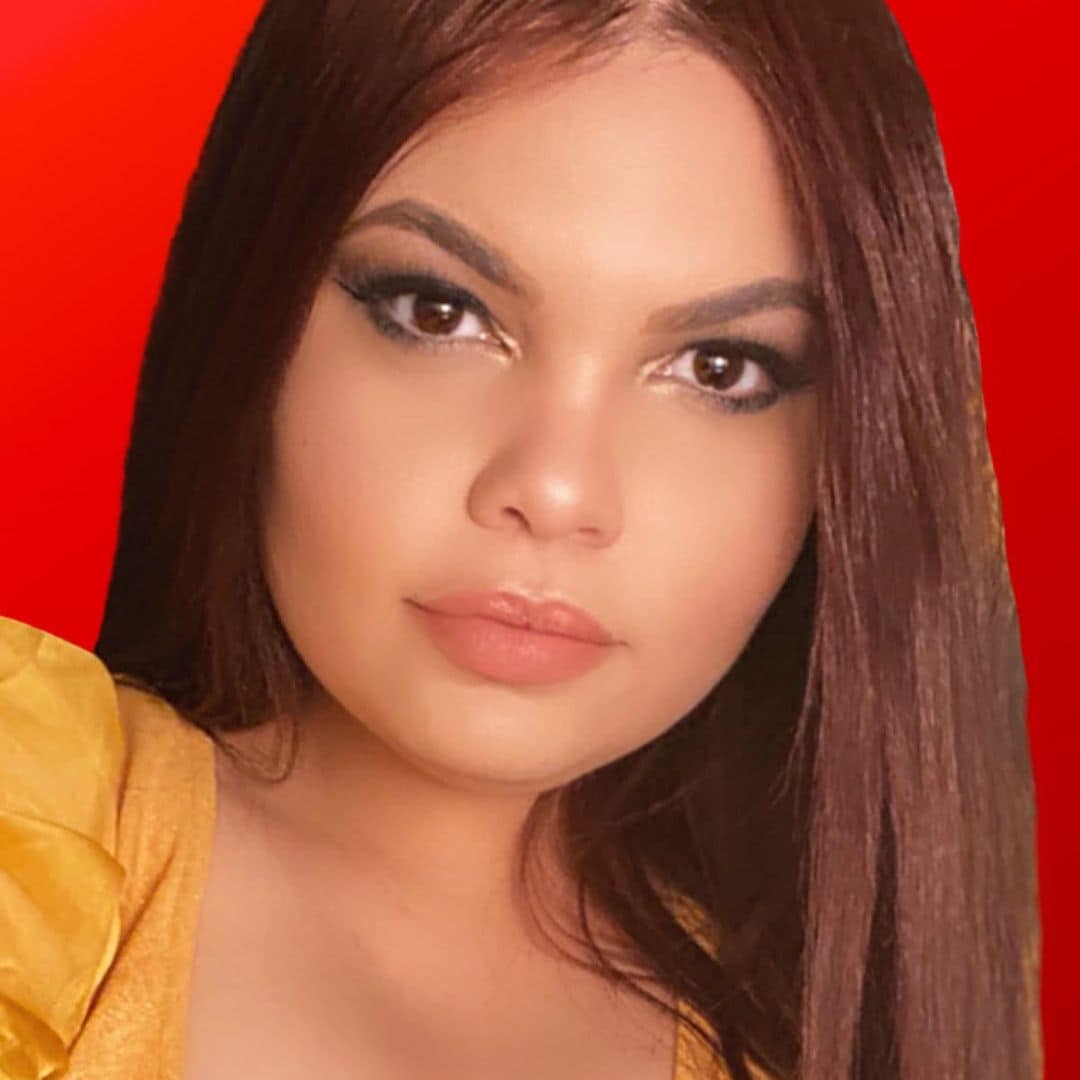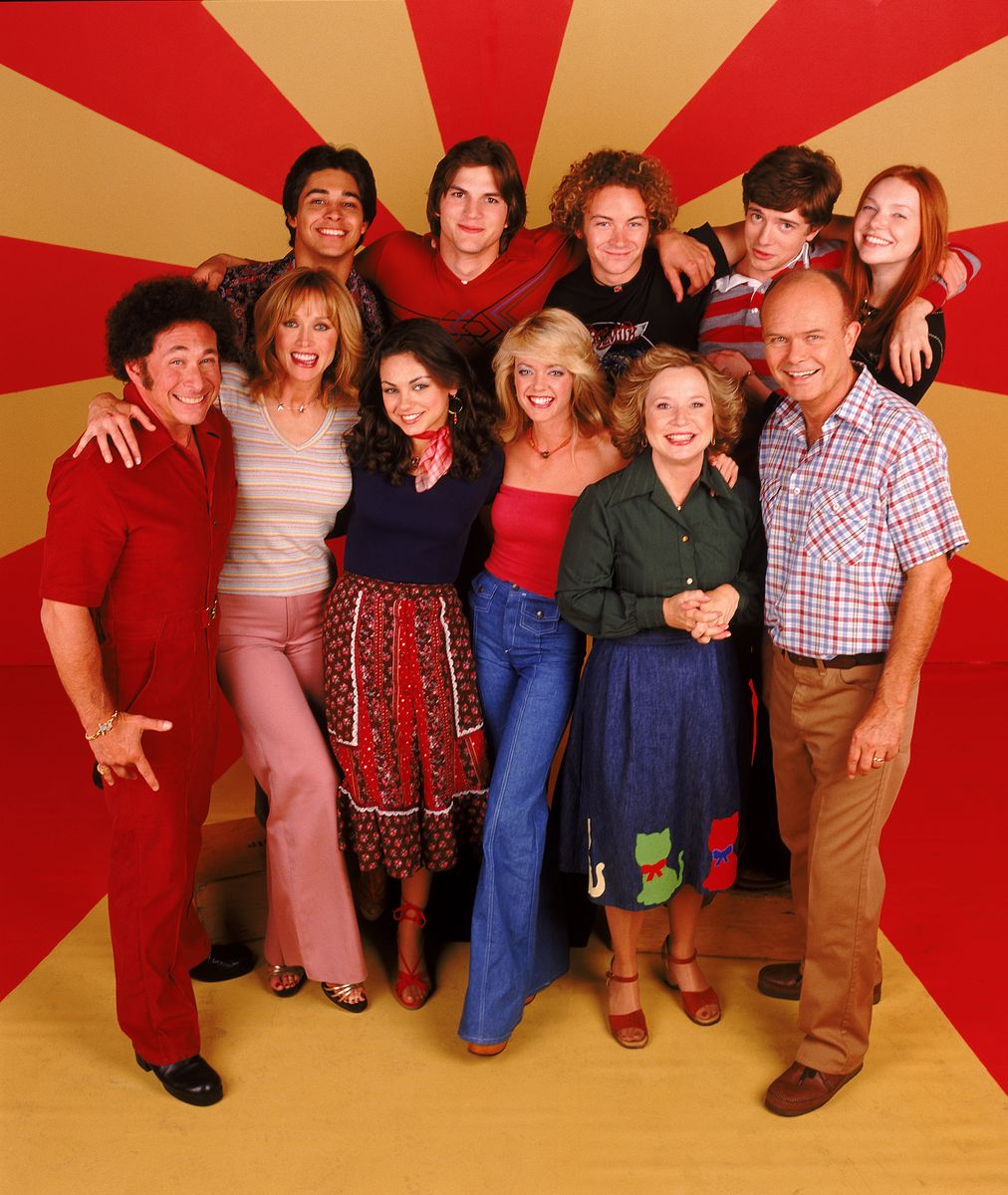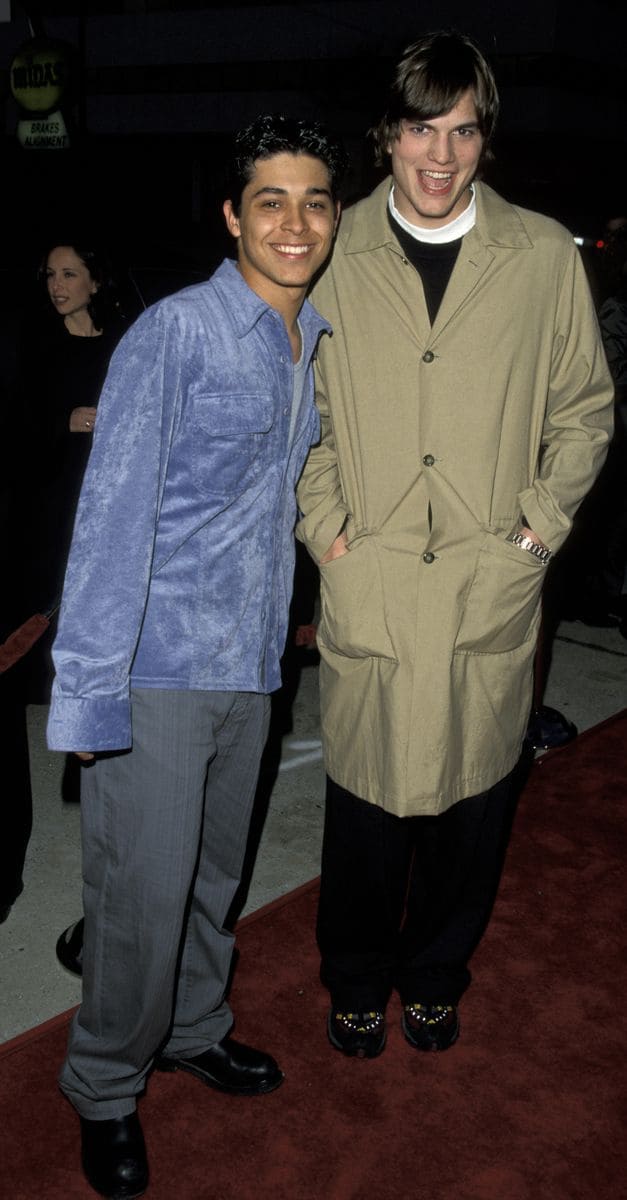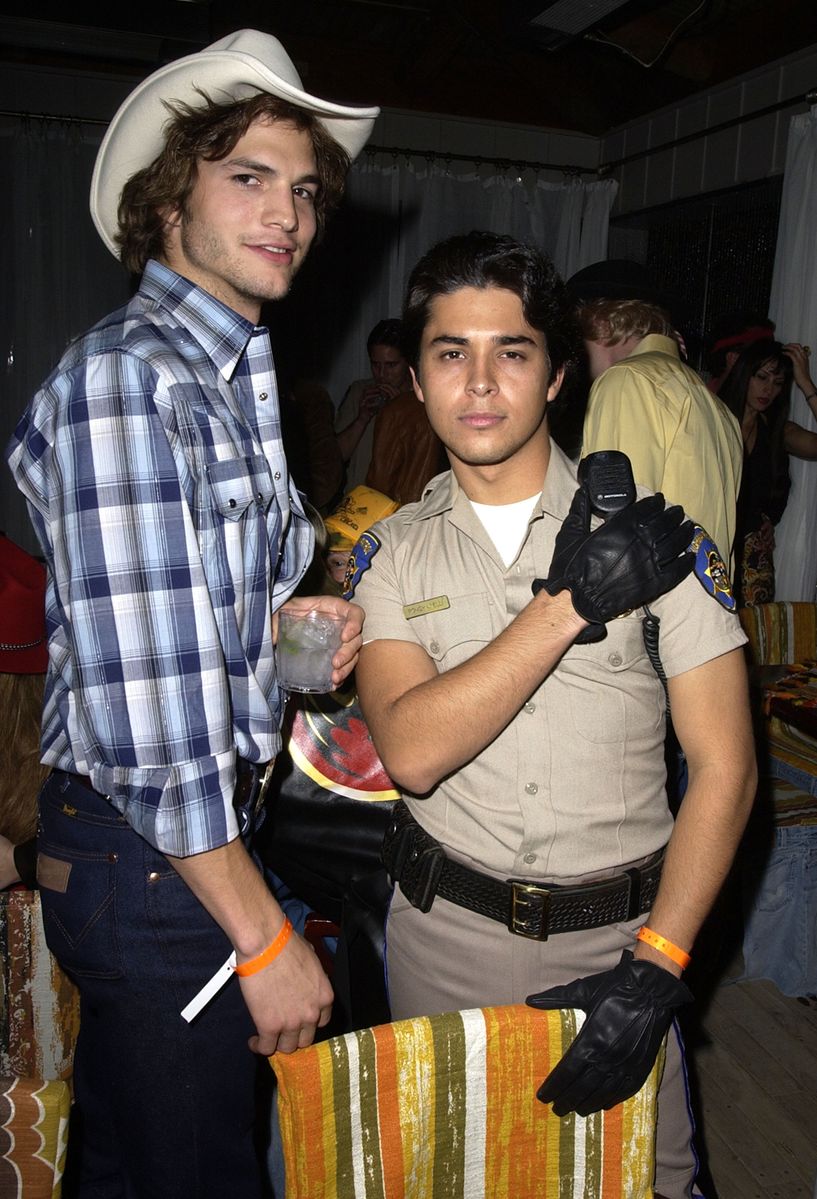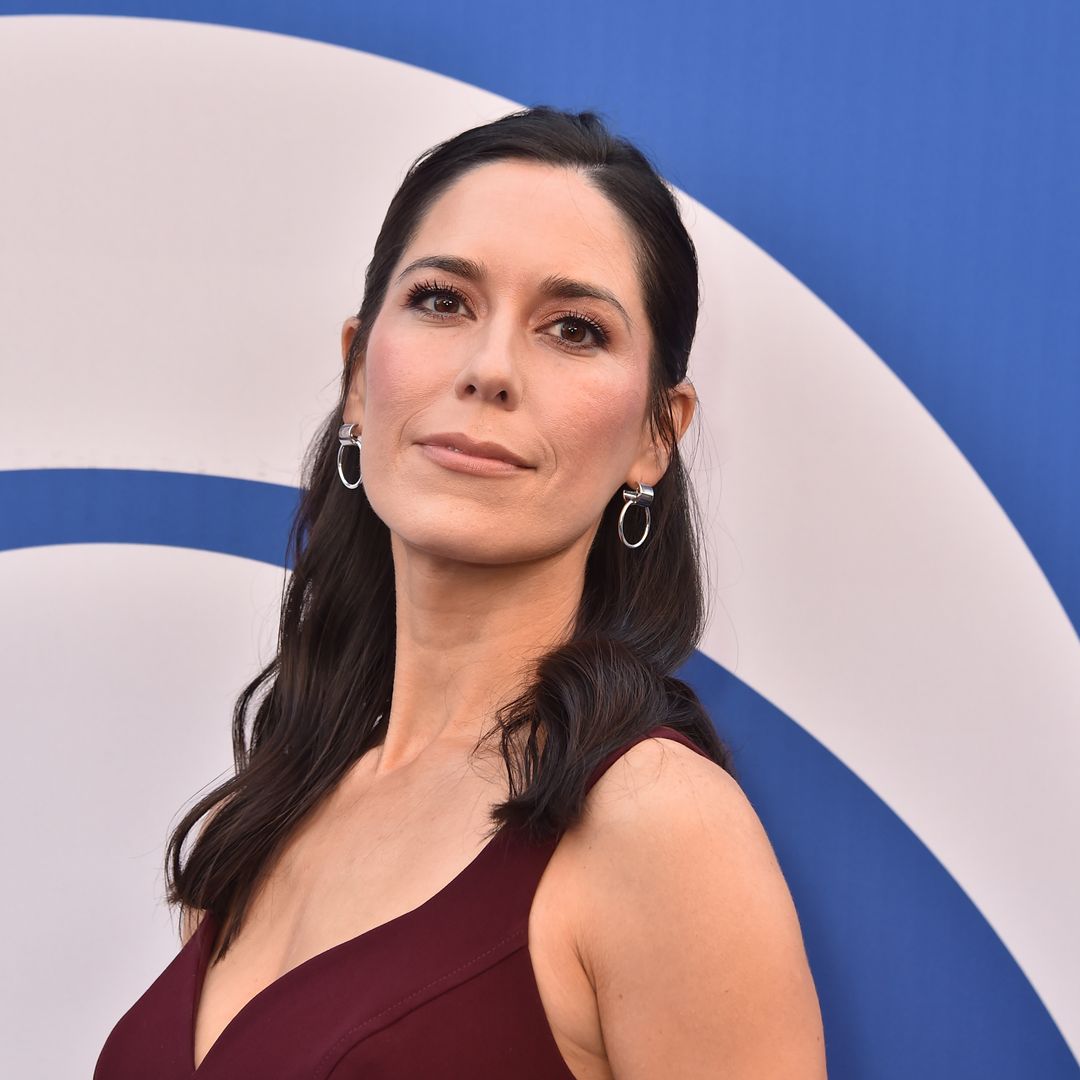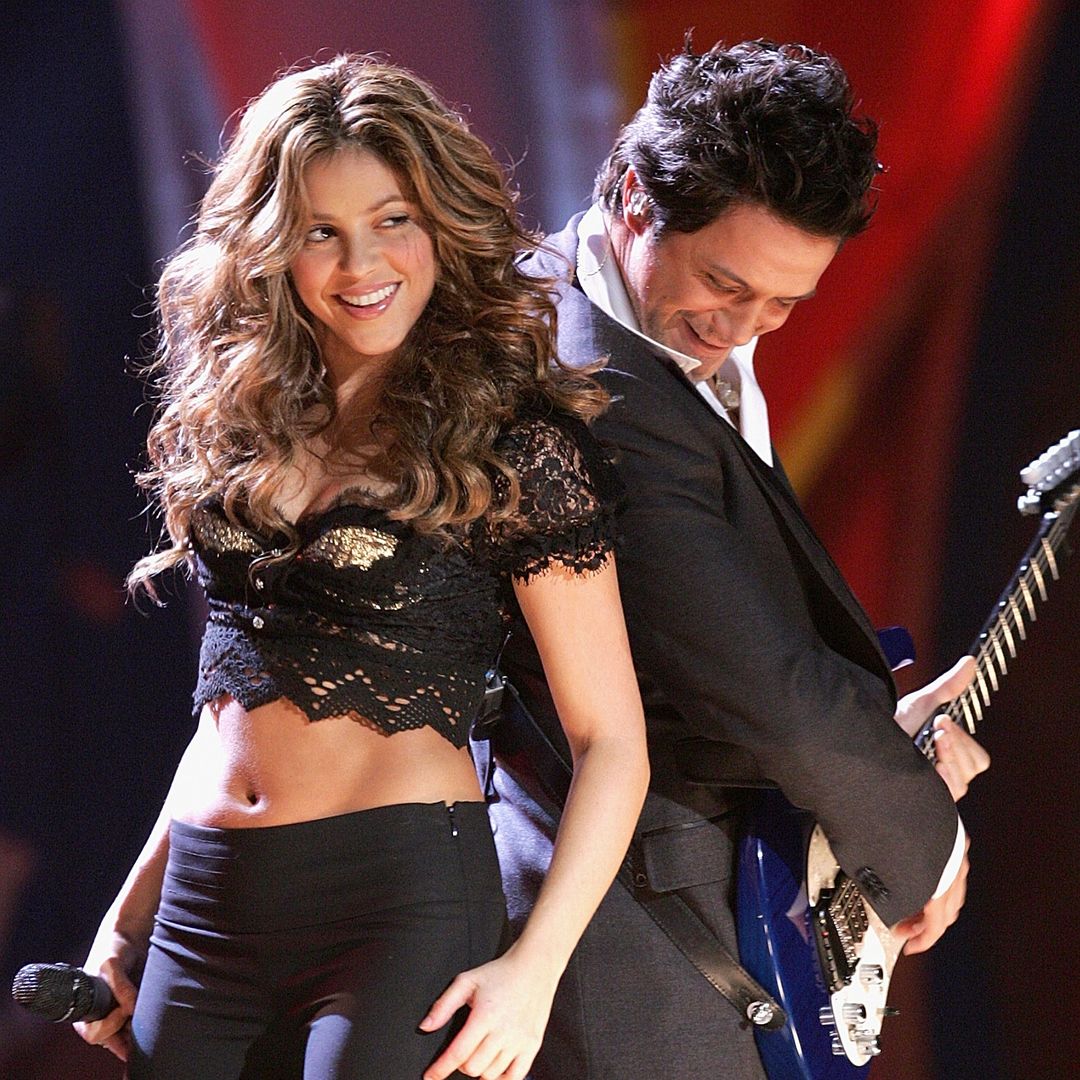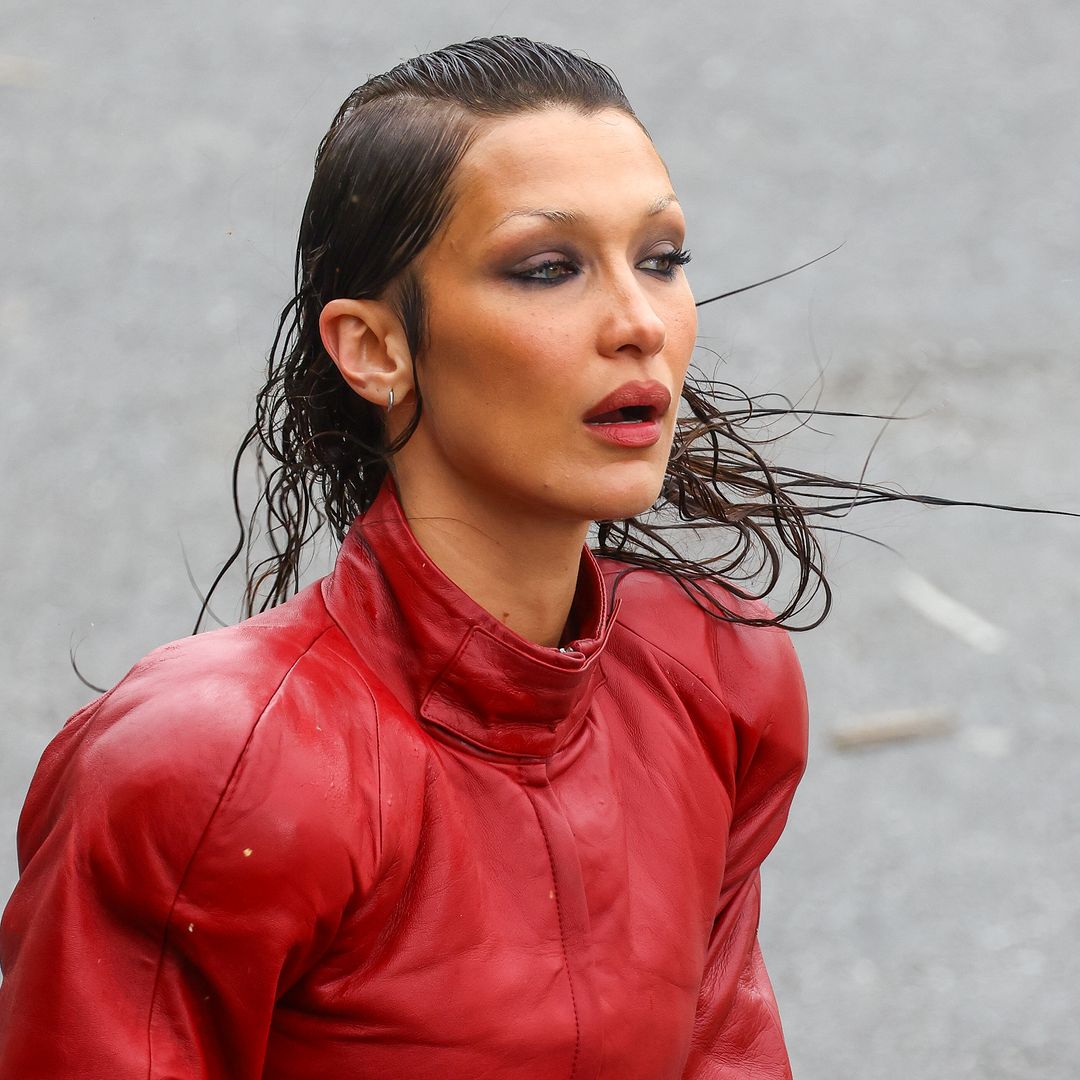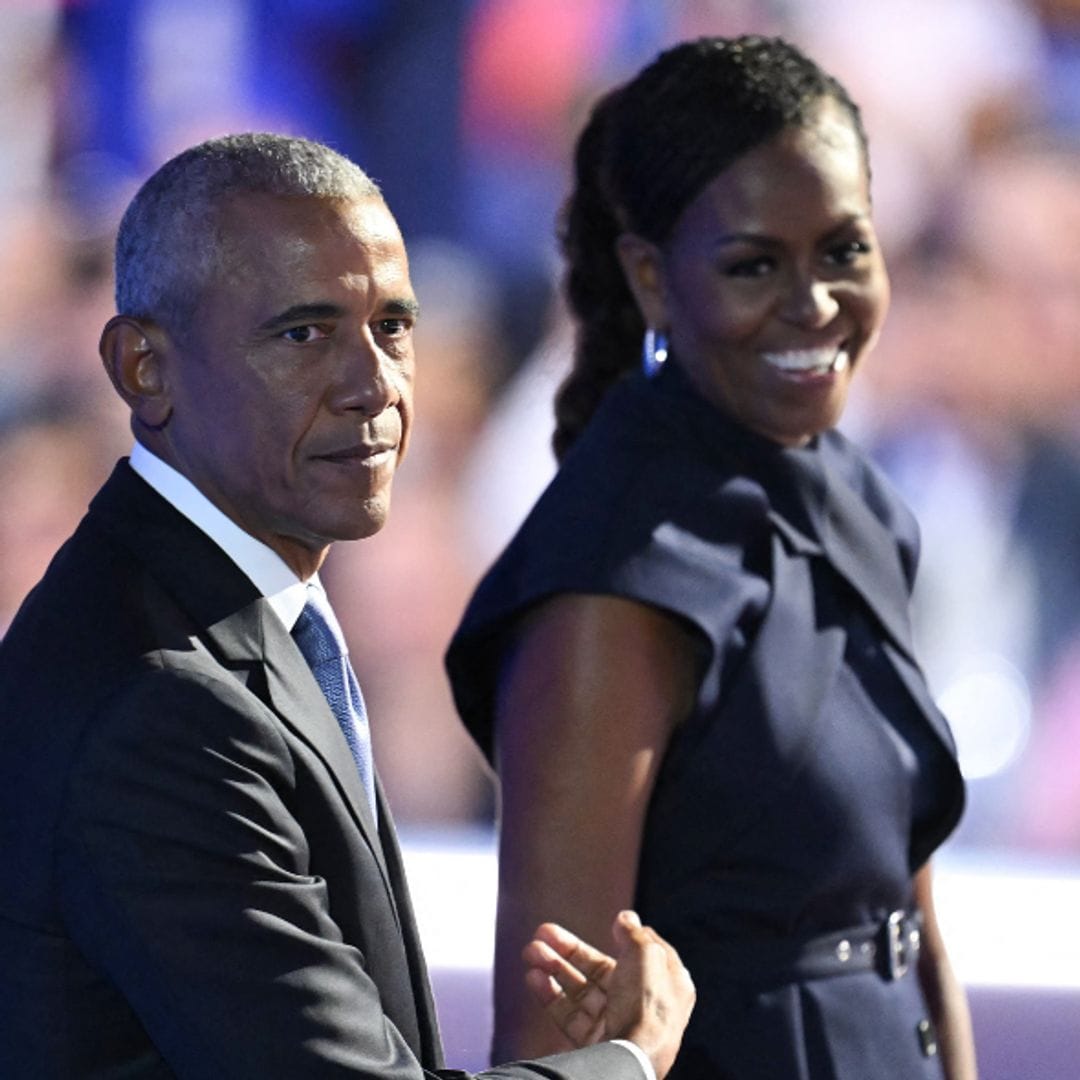The characters Kelso and Fez, played by Ashton Kutcher and Wilmer Valderrama in the TV show That '70s Show from 1998 to 2006, were pivotal to the show's success. Their comedic skills led to a "friendly rivalry" between the actors, who recognized the impact of their performances on screen.
"He and I soon developed a friendly rivalry to see who could get the biggest laughs from the audience on the first take," Valderrama wrote in his new memoir, An American Story: Everyone's Invited. "If you mess up on the first take and try for a huge laugh on the second, the joke never lands as powerfully," Valderrama explained their one-take rule. "If you need to do a third or fourth take, you might as well forget it."
Valderrama commended his former co-star, noting that Ashton Kutcher's real-life intelligence far surpassed the character he portrayed. "Ashton was far more intelligent in real life than the character he played, and he was far more serious about the craft of acting than it appeared," the actor said. Valderrama also highlighted Kutcher's exceptional preparation on set, which matched his own.
His iconic role
At 18 years old, the actor secured the role of Fez, a foreign exchange student recognized for his distinctive accent. Wilmer Valderrama was the "only Latino with a leading character on the Fox network" at the time.
"I'm proud that he was so colorless. I’m proud that this character was able to invite so many different people from so many different phases of life to laugh," Valderrama says. "Because as a Latino and as a brown person, our dream is to be for the world and to be treated and accepted equally as a contributing member of whatever team, company, show you’re in."
Wilmer Valderrama's immigrant experience
In his memoir, Valderrama also delves into his immigration journey from Venezuela to California during his middle school years. "A lot of what this memoir was really about was to humanize the immigrant experience," the actor told The Hollywood Reporter. "I think that every time there is some kind of election, there is a paraphrasing of our culture. And I thought it was really important to just say, 'Hey — this is what immigrants really look like.'"
"Immigrants are police. Our attorneys, our nurses, our doctors, our essential workers. They have such an essential and vital contribution to this country."
"It's important that as we go into these conversations, and as they become hot topics in the news, that we don't forget the humanity. We call ourselves 'the 200 percent' — because we're 100 percent American and 100 percent Latino, too. The potential of this moment is to really come together."
"My heritage has been my safehouse," Valderrama says in his book. "I’ve never had to be anyone else. I didn’t have to look like anyone else. I didn’t have to sound like anyone else. I just found my voice thanks to my culture."
Valderrama on the so-called 'American Dream'
The "American dream doesn’t happen by accident. It doesn’t happen because somebody gifted it to you," Valderrama says. "The American dream happens 'cause you come here with one single mind of contributing and working. And I look at the (immigrant) community as such a silent force who has yet to be given the respect for the contribution(s) that (it's) done for this country."
,type=downsize)
